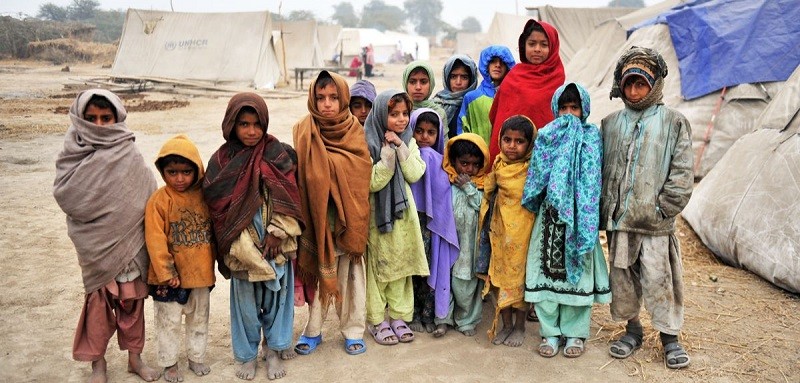LAHORE, Pakistan: A new working paper uses a survey conducted four years after Pakistan’s 2005 earthquake to measure how the disaster affected children’s human capital accumulation, including their health and learning outcomes, and whether welfare packages counteracted the disaster’s effects.
As the current situation mirrors the impacts of the earthquake but on a much larger scale, the findings of the paper have implications for how we respond to the aftermath of the COVID-19 pandemic.
The evidence suggests that we should prepare to assess children when they return to school so that we can teach them at the level of their current ability.
We must also support communities in adapting and responding to what is working for them.
The paper, “Human Capital Accumulation and Disasters: Evidence from the Pakistan Earthquake of 2005,” was authored by Tahir Andrabi, Benjamin Daniels, and Jishnu Das as a part of the Research on Improving Systems of Education (RISE) Programme Working Paper Series.
The paper’s authors surveyed more than 150,000 individuals across 126 villages in Northern Pakistan and collected detailed information including children’s height, weight, and test scores in Urdu, mathematics, and English for a sub-sample.
The study’s findings were stark:
- On average, earthquake-affected children’s test scores put them 1.5 to 2 years behind their peers in unaffected regions. This loss occurred despite the fact that households affected by the earthquake received significant financial compensation, which allowed adults’ health outcomes and community infrastructure to fully recover.
- However, children with more educated mothers did not fall behind. Their mothers were able to fully insulate them from losses in learning, meaning that the earthquake widened inequalities within affected areas.
- School closures accounted for only 10% of the loss in test scores. Much more was lost after children returned back to school, possibly due to children falling behind the curriculum and being unable to catch up.
- The authors compute that if these deficits continue to adult life, the affected cohorts could lose 15% of their earnings in every year for the rest of their lives.
Co-author Jishnu Das, a professor at the McCourt School of Public Policy and Walsh School of Foreign Service at Georgetown University and RISE Pakistan country research team Principal Investigator, said: “This unique study shows the importance of preparing now to counteract learning losses for children who are out of school due to COVID-19. When children return to school, we should be ready to assess their skills and teach them at their current skill level, and to support communities in assessing what is working for children to offset longer-term effects of the pandemic. Ultimately, there is no trade-off between investing in human capital and immediate aid.”
